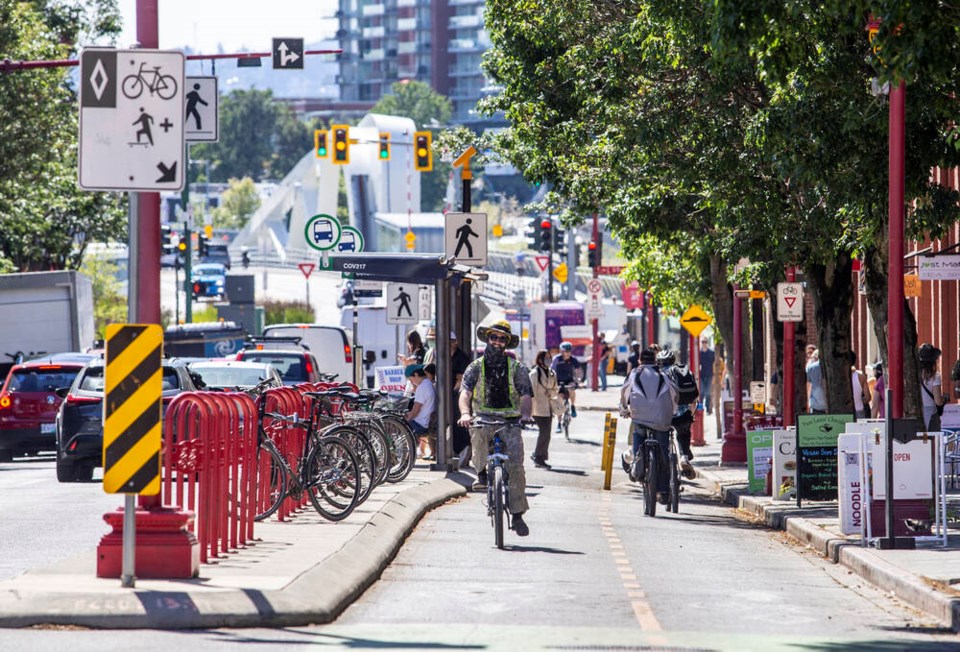The graduation season in Victoria is almost over and we, as Europeans with our current home in Switzerland, can only wonder at the reverence and touching sincerity with which this process is handled.
On the part of the schools, parents and also the students. Admirable, because this tradition is completely lacking in our Alpine country. So we are grateful to have gone through this ceremony once.
It’s hard to believe how quickly the time passed. Our daughter graduated from high school after three years at a small private school in Oak Bay. The lessons she has enjoyed here have developed her and made her a settled young lady who can now choose which university to go to.
Our whole family has been in Victoria since March for this very graduation and is still amazed. Our younger son attended the third grade of a small private school near Royal Jubilee Hospital for three months. He doesn’t even want to go back to Switzerland.
He did a lot of sports, found friends and understanding teachers who forgive mistakes and praise the good instead of pointing out the bad, as is unfortunately common in schoolrooms in the Alpine nation. The glass is always half empty instead of half full.
For a small personality at the beginning of growing into society, this is a very significant difference.
So looking back, Victoria is a great place to be with family and give children a proper school education.
But a few question marks remain. As a regular reader of the Times Colonist, I of course know what the demographics of the city are.
But I still have to ask: How can it be that there are hardly any adequate recreational facilities and spaces for the many young people in the city? Victoria has nice neighbourhoods, is full of nature, surrounded by the sea, and yet most students meet in smelly gyms after school.
As I said, Switzerland and Europe are not role models in many things, but when it comes to skilfully directing youthful energies, they are a few lengths ahead.
In Victoria, the only way to get from friend A to friend B in the evening and at the weekend is by taxi or driving parents. Cycling is considered totally uncool by students and the bus system is time-consuming.
In Swiss cities like Zurich or Basel, however, cycling and buses are widely accepted and very effective. There are also green spaces and places along rivers and lakes where young people can do sports (such as beach volleyball and skating) and hang out afterwards, thanks to sometimes improvised catering.
The best-sellers in summer are (absolutely non-sustainable) disposable barbecues, which are lit almost everywhere on the city’s green spaces and, despite all the stench and later waste, also create a cosy atmosphere.
In the cities themselves, there are fountains and seating areas where evenings can be long. In winter, there are sometimes fire pits next to them. There are dance clubs for every age group, starting at 14 years (without serving alcohol, by the way).
These are just a few super-subjective examples, which certainly have their weaknesses.
But my point is: Victoria has to deal with its young people differently. The recent closure of the city centre on weekends for visiting students shows that something is wrong. It is a sign of helplessness and also of failures.
Young people, and even more so visiting students, have no lobby in the city. When we drive through the perfectly planted streets of Oak Bay and Fairfield, my daughter and I constantly have ideas about where something could be set up for young people.
Because it’s so beautiful, there has to be a place for the younger generations that is also easily accessible by bike or bus.
Perhaps this could be an approach that those responsible for urban planning could pursue: Look around, also in other cities, and talk to the people concerned. Sometimes the ideas are just lying on the street.



